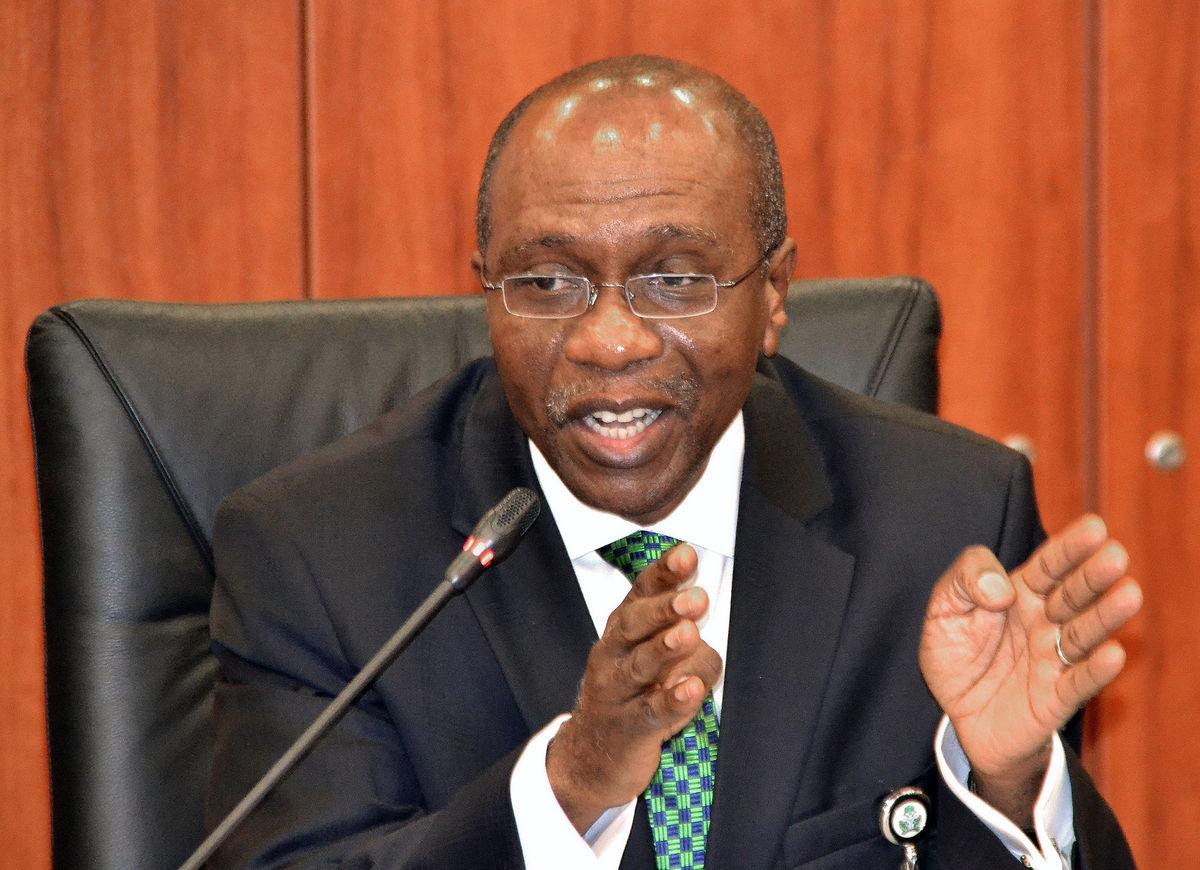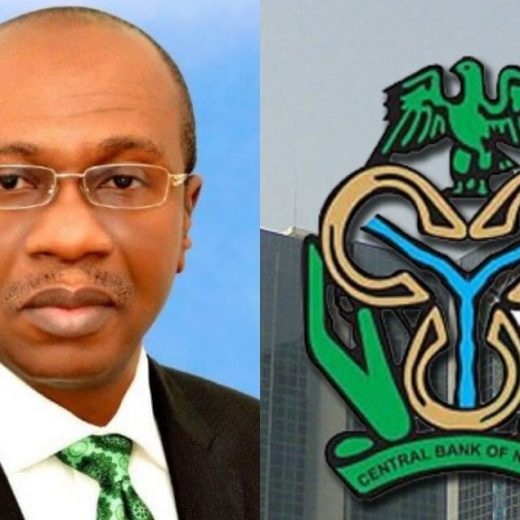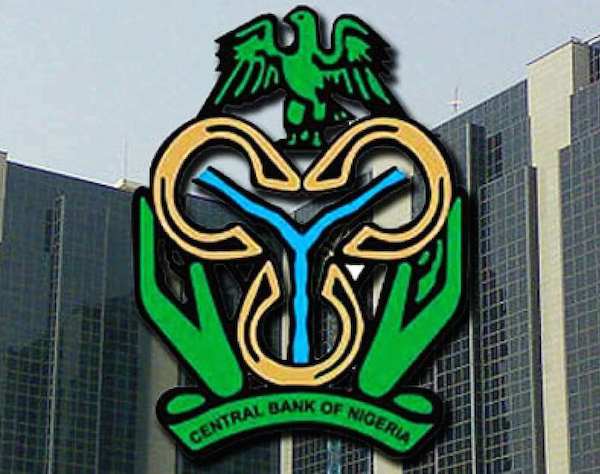- Say charges “ll discourage customers from seeking bank facilities
By Odunewu Segun
Nigerians have continued to express their misgivings following the reintroduction of bank charges by the Central Bank of Nigeria that was abolished by the same apex bank three years ago, National Daily has gathered.
While announcing the extension of the cashless policy to the remaining 30 states of the Federation last month, the CBN in circular signed by its Director of Banking and Payments Systems Department, Mr. Dipo Fatokun, it directed that with effect from April 1, 2017, banks in the states where the cashless policy was already operation, Lagos, Ogun, Anambra, Abia, Kano, Rivers and the FCT would begin to impose charges on deposits and withdrawals above N500, 000.
According to the directive, Banks will from that date begin to charge individuals 1.5 per cent and to per cent for deposits and withdrawals between N500, 000 and N1m, while individuals depositing or withdrawing between N1m and N5m will be charged two per cent and three per cent respectively.
For amounts above N5m, banks will charge such individuals three per cent and 7.5 per cent for deposits and withdrawals respectively.
With regard to corporate customers, the CBN stated that deposits and withdrawals under N3m would not attract any charge, but that such customers depositing or withdrawing between N3m and N10m would be charged two per cent and five per cent, respectively.
Also for deposits and withdrawals between N10m and N40m, customers will be charged three per cent and 7.5 per cent, respectively. Deposits or withdrawals above N40m by corporate customers will attract a charge of five per cent and 10 per cent, respectively.
According to the CBN, the new policy on charges will be implemented in selected states on May 1 and August 1, this year; while the total implementation will be concluded on October 1.
Reacting to the policy, bank customer, Funmi Ade told National Daily that the problem with this punitive cash-withdrawal policy is that Nigeria as a whole is hopelessly under-banked.
“When these people are forced to go on a cashless policy perhaps the powers-that-be haven’t bothered to study the devastation of India’s currency limitation on the poor.
There is far too much theory at the CBN on this ad the people must stand up for once against a monstrous injustice. The crooks are far too powerful and empowered to be deterred by this puny measure; after-all the BVP and Know Your Customer haven’t stopped them with their Baker friends before.”
A Lagos state civil servant, Yemi Folorunsho said the timing of the policy was wrong considering the prevailing economic situation. ”The new policy is uncalled for with the present economy of the country.”
According to him, the new policy would have adverse effect on Nigerians, especially commercial farmers who borrow money from banks to carry out their farming activities.
Another customer, Mr. Paul Okunola, said the development would discourage customers from seeking bank facilities. ”I believe those charges are not right, especially when CBN is talking about financial inclusion and financial literacy.
”The importance of finance inclusion is to bring more customers into the saving culture; with reintroduction of charges, it might discourage depositors and those seeking other banking facilities,” Okunola said.
However, the Chief Executive Officer of Sure Doors, Adebowale Olugbenga, and also a bank customer, expressed supported for the policy, saying that it would reduce money laundering in the financial sector.
Speaking further, Olugbenga said the policy will help to check unnecessary withdrawals, people will only withdraw money when it is necessary.

 Entertainment1 week ago
Entertainment1 week ago
 Business1 week ago
Business1 week ago
 Business1 week ago
Business1 week ago
 Football1 week ago
Football1 week ago
 Entertainment1 week ago
Entertainment1 week ago
 Entertainment6 days ago
Entertainment6 days ago
 Latest1 week ago
Latest1 week ago
 Latest1 week ago
Latest1 week ago









